TRAI issues framework for interconnection between MSOs and LCOs
The Telecom Regulatory Authority of India (TRAI) has notified a comprehensive regulatory framework for Digital Addressable Cable TV Systems (DAS) encompassing the interconnection regulations, the quality of service regulations, the tariff orders and the consumer complaint redressal regulations.
The Interconnection Regulation applicable for DAS, namely the Telecommunication (Broadcasting and Cable Services) Interconnection (Digital Addressable Cable Television Systems) Regulations, 2012, dated April 30, 2012, as amended from time to time, inter alia, provides a framework for interconnection between Multi System Operators (MSOs) and Local Cable Operators (LCOs). Based on this framework, the MSOs and LCOs are required to enter into written interconnection agreement before providing cable services to subscribers.
In terms of the Interconnection Regulations 2012, the MSOs and LCOs, through mutual agreement, are required to decide upon the responsibility for each role as envisaged in the quality of service regulations, namely the Standards of Quality of Service (Broadcasting and Cable Services) Regulations 2012, dated May 14, 2012, as amended from time to time.
The tariff order applicable for addressable systems, namely the Telecommunication (Broadcasting and Cable Services) (Fourth) (Addressable Systems) Tariff Order, 2010 (1 of 2010), dated July 21, 2010, provides that the revenue settlement between the MSO and the LCO shall be determined by mutual agreement between the parties. In case, the parties fail to arrive at a mutual agreement the charges collected from the subscribers shall be shared in a manner prescribed in the Tariff Order.
To prescribe such interconnection agreement, the Authority formulated a draft Model and Standard Interconnection Agreements (MSIA). The draft MSIA consisted of a draft Model Interconnection Agreement (MIA) and a draft Standard Interconnection Agreement (SIA) in a single document.
The draft MSIA contained necessary terms and conditions, in line with the existing regulatory framework, inter alia, defining rights, obligations, roles and responsibilities of the MSOs and LCOs with an aim to provide a level playing field to them. It was envisaged in the draft MSIA that in cases where the Parties can mutually agree upon the responsibility corresponding to each role and the revenue settlement, MIA part of the MSIA would be applicable.
In cases where the parties are not able to arrive at a mutual agreement on sharing of the responsibilities or the revenue, the SIA part of MSIA would be applicable, wherein the Authority had prescribed the responsibility of the parties corresponding to each role listed in the draft MSIA. In such cases the revenue settlement would be based on the ratios prescribed in the Tariff Order.
As per the Standard Interconnection Agreement, the revenue settlement between the MSO and the LCO shall be in the following manner:
The charges collected from the subscription of channels of Basic Service Tier, free to air channel and bouquet of free to air channels shall be shared in the ratio of 55:45 between the MSO and the LCO, respectively; and
The charges collected from the subscription of channels or bouquet of channels or channels and bouquet of channels other than those specified under clause (a) shall be shared in the ratio of 65:35 between the MSO and the LCO, respectively.


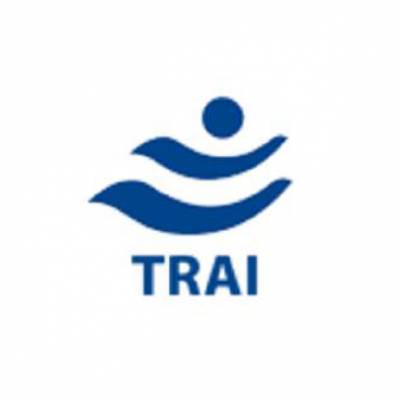
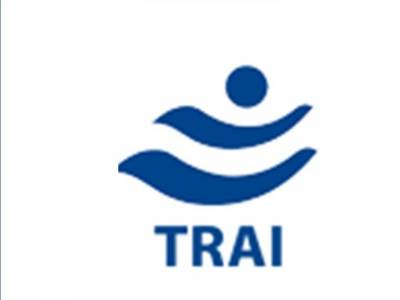

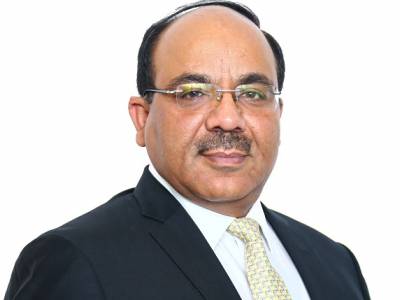

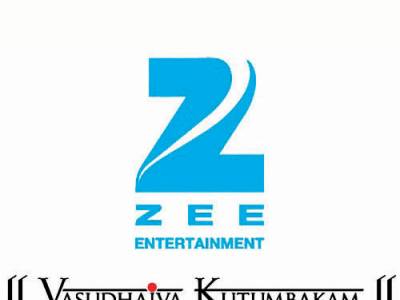
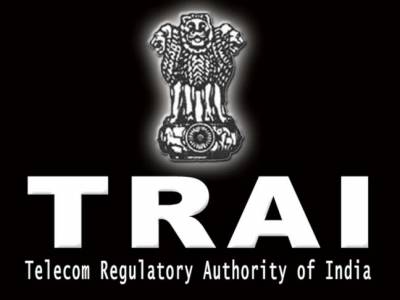

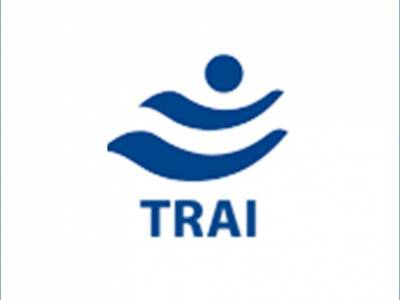


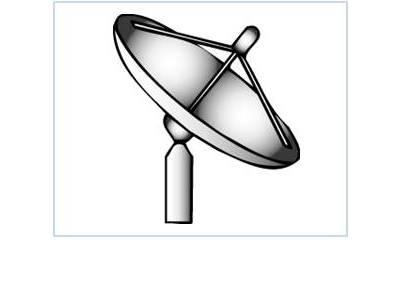


Share
Facebook
YouTube
Tweet
Twitter
LinkedIn